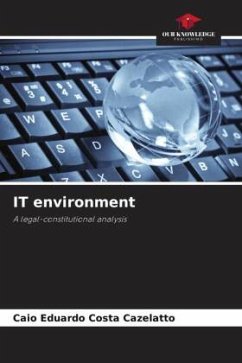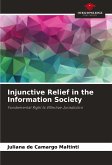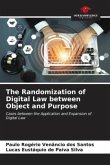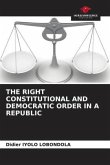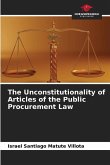IT technologies, especially computers and the internet, have enabled the emergence of the IT environment, bringing about a new social reorganisation. This is because it is a space full of interactivity which, despite not being physical, allows its users to exercise countless rights and duties on a daily basis, such as communication, expression, entertainment, information and, in certain cases, work. In other words, it enables the development of the human personality, yet it is still very little explored by the legal sciences, especially with regard to its protection. In view of this, this research analysed the legal-constitutional aspects of the constitution and use of this space. To this end, a theoretical approach was taken to the Information Society and its social and legal consequences. Likewise, the creation and legal consequences of Law 12.965/2014, also known as the Civil Rights Framework for the Internet, were examined. Finally, the IT environment was investigated as a fundamental right, presenting it as its own specific category of environment.
Bitte wählen Sie Ihr Anliegen aus.
Rechnungen
Retourenschein anfordern
Bestellstatus
Storno

